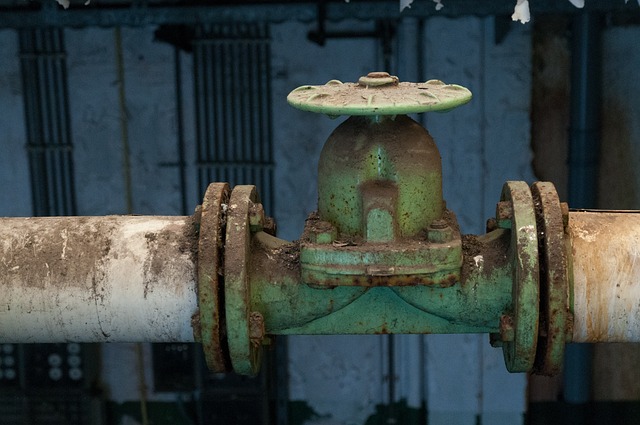Emir of Qatar in Baghdad for political and economic talks amid Iraq's reconstruction efforts

Sheikh Tamim bin Hamad Al-Thani, the Emir of Qatar, is in Baghdad for discussions with the Iraqi Prime Minister in what is billed as a "political and economic" visit. It comes as Iraq seeks international assistance to rebuild its infrastructure and economy following decades of conflict.
Iraqis returning from Syria's Al-Hol Camp fear reprisal, face challenges in Northern Iraq
Online support swells for Sadr following homophobic comments
Kurdistan President meets Iraqi election officials
Iraqi electoral commission mulling dual-elections in Kurdistan
Confirmation from the KRG Ministry of Finance on the receipt of funds
400b IQD deposited in Ministry of Finance banks – Kurdistan 24
Baghdad Today: 90-day deadline on Peshmerga unification efforts
Refuting rumors with a picture
UK urges Kurdistan to pick up the pace on Peshmerga unification

Full readout
President Nechirvan Barzani received a high-level UK military delegation led by Air Marshal Sammy Sampson, the UK Defence Senior Advisor to the Middle East and North Africa, and a number of senior British military officials.
In the meeting, which was attended by Ms. Rosey Cave, the UK Consul General in the Kurdistan Region, the security situation in Iraq and the Kurdistan Region, reforms of the Ministry of Peshmerga, and joint security cooperation were discussed.
Both sides stressed the importance of the reorganization and unification of the Peshmerga and the reforms of the Ministry of Peshmerga, and pointed out that the process must be conducted in a more efficient manner. In this regard, the President thanked the UK and other friendly countries for their support and assistance in the process.
For their part, the guest delegation reiterated that the UK attaches great importance to the peace and stability in Iraq and the Kurdistan Region, and will continue to provide security assistance and support to maintain peace and stability in the country, and will also continue to support the reform process and the reunification of the Peshmerga.
The situation in the wider region and other issues of common interest were also discussed at the meeting.
Morning briefing
- High-level talks between representatives of Baghdad and Ankara are slated for June 19, focusing on the potential resumption of oil exports from the Kurdistan Region through the Ceyhan pipeline. The backdrop to this meeting is a hefty loss exceeding $2 billion for Iraq due to halted oil production.
- The Iraqi foreign minister is currently participating in a Brussels-based ministerial summit, 'Supporting the Future of Syria and the Region.' Initiated by the EU, the seventh iteration of this important conference began yesterday and will continue throughout today.
- Wahab Halabjay, a senior security official from the Patriotic Union of Kurdistan (PUK) who is facing a death sentence, has surfaced in a meeting with PUK leader Bafel Talabani. This occurrence dispels recent rumors suggesting Halabjay had been dismissed by the PUK.
- In the wake of the federal budget's approval earlier this week, reaction from Kurdish officials continues to intensify the existing strain between the two primary ruling parties.











